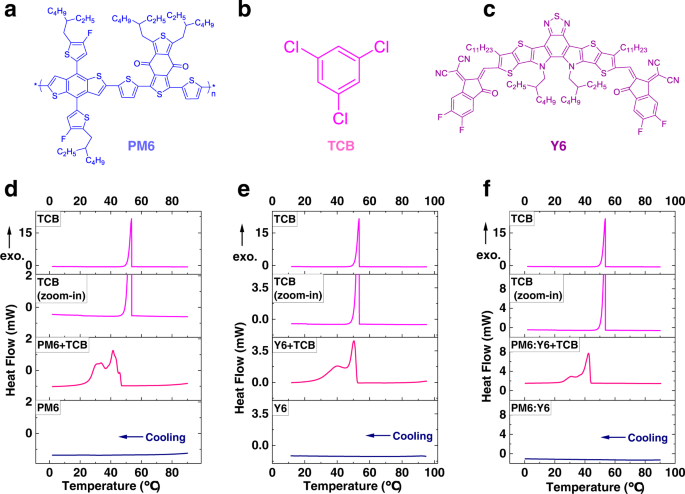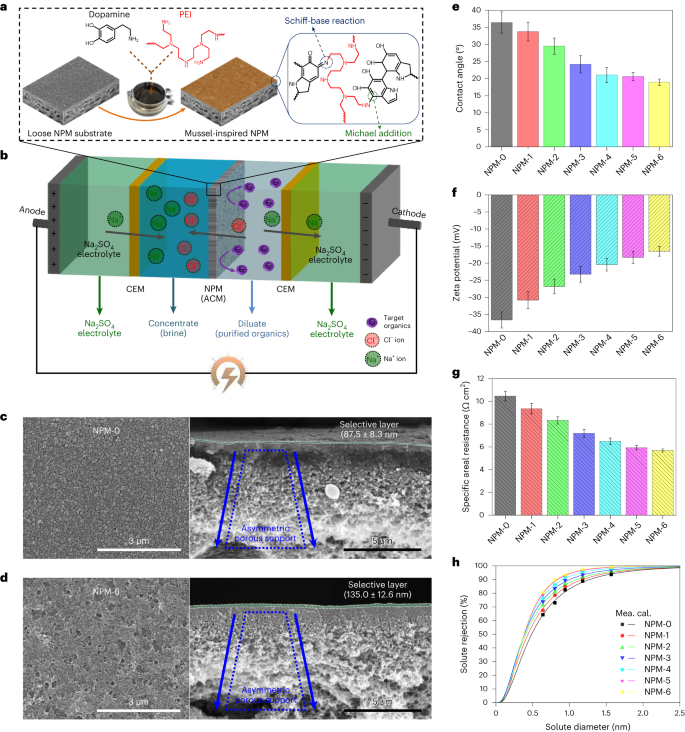2023-05-29 中華人民共和国・香港理工大学(PolyU)

・ PolyU が、有機太陽電池(OSCs)の新作製技術により、19.31%のエネルギー変換効率(PEC)を達成。
・ 結晶化の制御に 1,3,5-トリクロロベンゼンを使用した新しい形態制御技術により、OSCs の PEC と安定性を向上。光活性層に電子の供与体と受容体を有するバイナリ OSCs では最高記録の PEC となる。
・ バルクヘテロ接合 (BHJ) 有機セルの形態を調整すると共に、非フラーレン OSCs の結晶化動力学とエネルギー損失を最適化する、非モノトニック中間状態操作 (ISM) 技術を開発した。
・ フィルム内の過剰な分子凝集をベースとする、溶媒添加物を使用した従来技術とは異なり、ISM 技術はより秩序だった分子積層と望ましい分子凝集の形成を促進する。これにより、PEC の飛躍的な向上、光生成効率の低下、また、熱損失を増加させる非放射再結合損失の低減を実現した。
・ 太陽エネルギーの電気への変換は、持続可能な環境を実現するために不可欠な技術。OSCs は、太陽エネルギーを費用対効果の高い方法で利用する有望なデバイスであるが、実用化にはその効率性の改善が必須である。
・ 新技術は OSCs 研究分野を活性化させ、ポータブルエレクトロニクスやビルに統合できる PV のようなアプリケーションに大きな機会を提供する可能性がある。低コストの単一接合 OSCs で 20%超の PEC 達成と、より安定した性能と柔軟性、透明性、伸縮性、低重量、調整可能な色の実現により、新たな可能性の扉が開く。
URL: https://www.polyu.edu.hk/rio/news/2023/20230529—polyu-researchers-achieve-record-1931-efficiency/
<NEDO海外技術情報より>
関連情報
Nature Communications 掲載論文(フルテキスト)
19.31% binary organic solar cell and low non-radiative recombination enabled by non-monotonic
intermediate state transition
URL: https://www.nature.com/articles/s41467-023-37526-5
Abstract
Non-fullerene acceptors based organic solar cells represent the frontier of the field, owing to both the materials and morphology manipulation innovations. Non-radiative recombination loss suppression and performance boosting are in the center of organic solar cell research. Here, we developed a non-monotonic intermediate state manipulation strategy for state-of-the-art organic solar cells by employing 1,3,5-trichlorobenzene as crystallization regulator, which optimizes the film crystallization process, regulates the self-organization of bulk-heterojunction in a non-monotonic manner, i.e., first enhancing and then relaxing the molecular aggregation. As a result, the excessive aggregation of non-fullerene acceptors is avoided and we have achieved efficient organic solar cells with reduced non-radiative recombination loss. In PM6:BTP-eC9 organic solar cell, our strategy successfully offers a record binary organic solar cell efficiency of 19.31% (18.93% certified) with very low non-radiative recombination loss of 0.190 eV. And lower non-radiative recombination loss of 0.168 eV is further achieved in PM1:BTP-eC9 organic solar cell (19.10% efficiency), giving great promise to future organic solar cell research.




